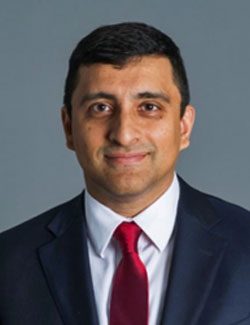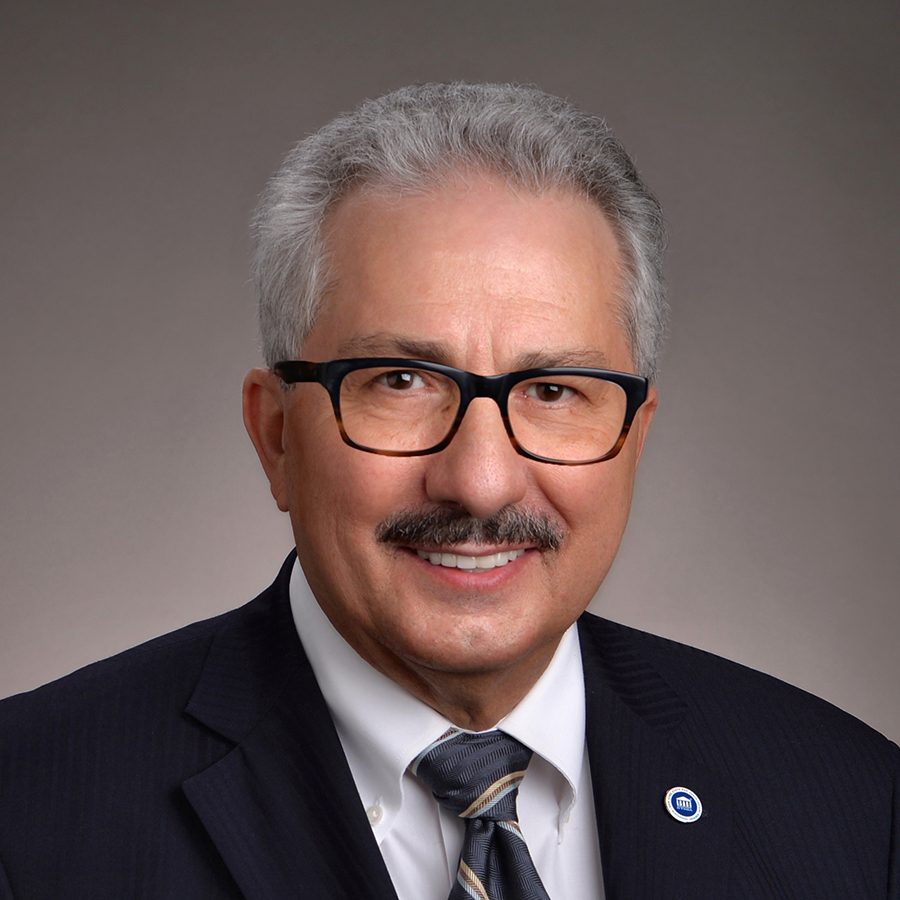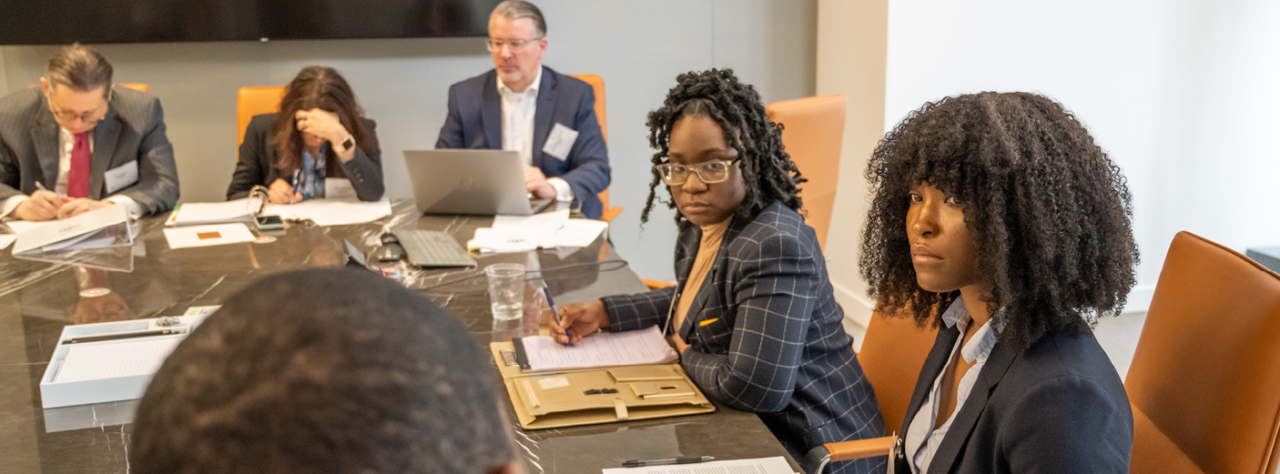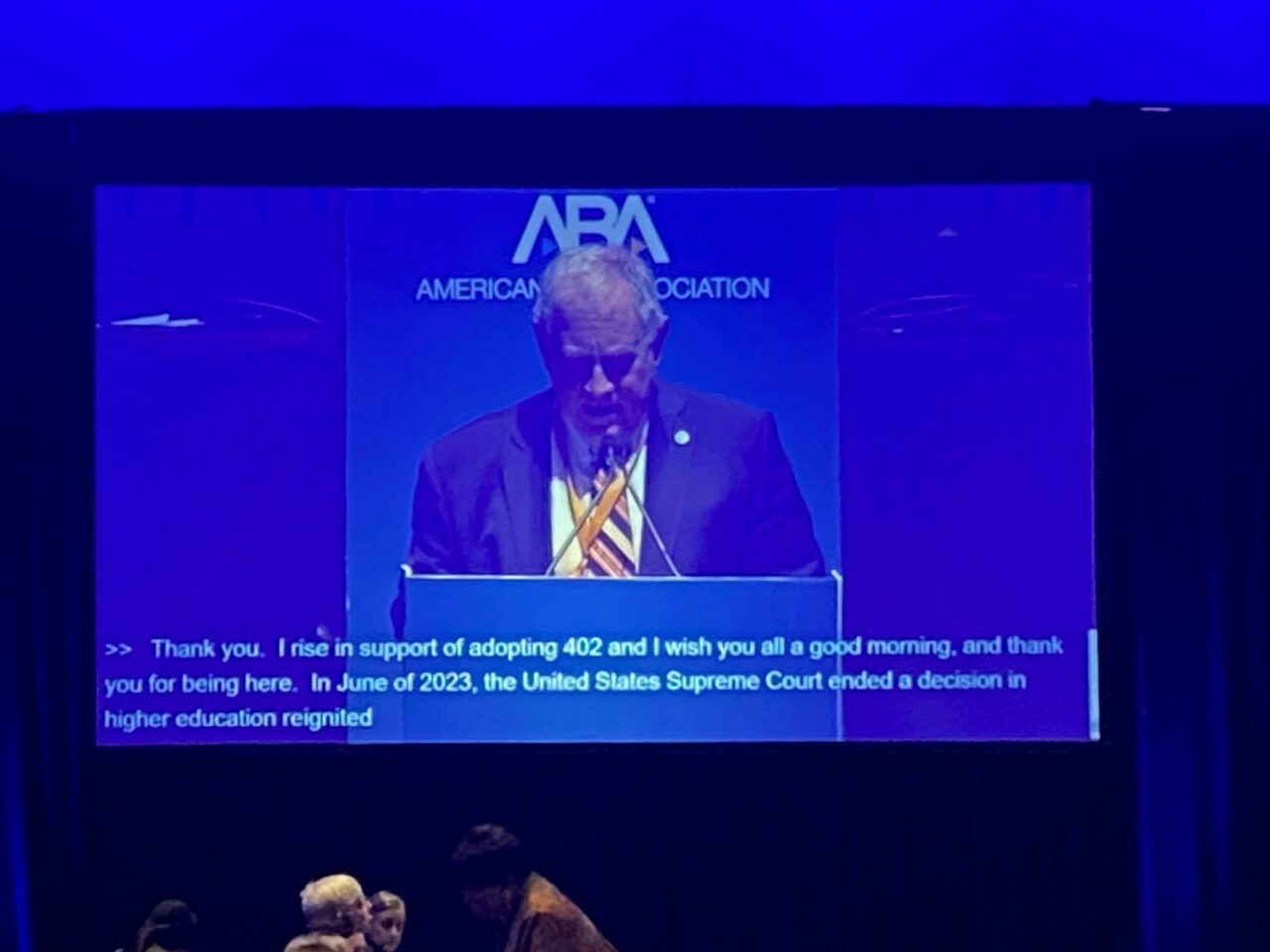Kapil Longani: ‘I run towards the most thorny, intractable issues involving equity and fairness.’
9.26.2023

Kapil Longani is senior vice chancellor for legal affairs and general counsel for the State University of New York, which is comprised of 64 campuses across New York State. He is a member of the New York State Bar Association Task Force on Advancing Diversity. Longani recently published an essay on the decision by his alma mater, Yale University, to alter its admissions policies. He holds an undergraduate degree from Cornell University and legal degrees from the University of Florida College of Law, Yale Law School, and Oxford University.
You are a new member of NYSBA and jumped right into a major issue of the day by joining the Task Force on Advancing Diversity. Why did you want to join?
NYSBA’s focus on influential and historic matters is second to none. My initial introduction to NYSBA occurred during the pandemic when I was chief counsel to the mayor of New York City. The pandemic was a once-in-a-lifetime event, and the law was changing on a minute-by-minute basis. NYSBA provided a respected and well-known public forum to discuss the historic issues that our state faced, including balancing fundamental rights like the freedom to assemble while keeping people safe. For example, I was a panelist on two NYSBA panels focused on the use of emergency powers and cases of first impression faced by major cities across the country.
When I came to SUNY, I relished the opportunity to work on historic issues like race conscious admissions and its effect on millions of people across this country and our great state. As a member of NYSBA’s Task Force on Advancing Diversity, I had the privilege and honor of working with deans from Columbia, NYU and Albany Law schools and a Skadden partner to write the higher education section [of the Advancing Diversity report], which was published on Sept. 20. The ability to get that report published in record time to provide much needed advice is a great credit to the leadership of NYSBA President Lewis and the chairs of the committee. The report, like the panels during the pandemic, is a pointed example of how NYSBA is a critical source of dependable advice on the most complex legal issues confronting our state. I wanted to be a part of an organization that provides real value to its members and the public, and I look forward to contributing meaningfully to NYSBA in the coming years.
Looking at your career path and your work on a new democracy in South Africa, on a Congressional investigation of the Flint water crisis and New York City’s COVID response, you found yourself in very difficult legal situations. Do you see this as being in the right place at the right time, or have you sought out these thorny situations?
Both, I think! I run towards the thorniest, most intractable issues involving equity and fairness. Those are the only jobs that interest me. These issues are never easy, but always interesting. That is what brings meaning to my professional life.
For example, in New York City, the pandemic related issues of access to medical care, vaccines and masks, were at their core issues of equity and fairness.
Here at SUNY, we focus on ensuring every New Yorker has an equal opportunity to be educated in a field of their choice. I can’t imagine a more fulfilling mandate and mission, and I’m grateful to the chancellor and the chair of the board for the opportunity.
Your family emigrated to the United States from India. How has your background influenced your career focus on public service?
When you are born in a country like India, your caste determines your future. The opportunity to live your dreams and contribute to your community without the restraints of caste is why my parents immigrated to the United States. It’s no coincidence that my parents are also public servants. My dad worked at NASA, and my mom is a school principal. Like my parents, I have spent my professional life in public service because it is where I feel I can make the biggest difference.
How can we encourage more young attorneys to seek out opportunities in public service and pro bono work?
As lawyers, we are obliged to better our society, and there are so many ways to do it. It is just a question of finding your niche.
You don’t have to be a government employee to perform public service. After my federal clerkships, I spent four years at Skadden Arps, a private law firm in New York City. During that time, I worked on significant pro bono matters that were deeply fulfilling. I would strongly recommend that, regardless of the sector you are in – public or private – you look for opportunities to serve that are equally meaningful to you.






